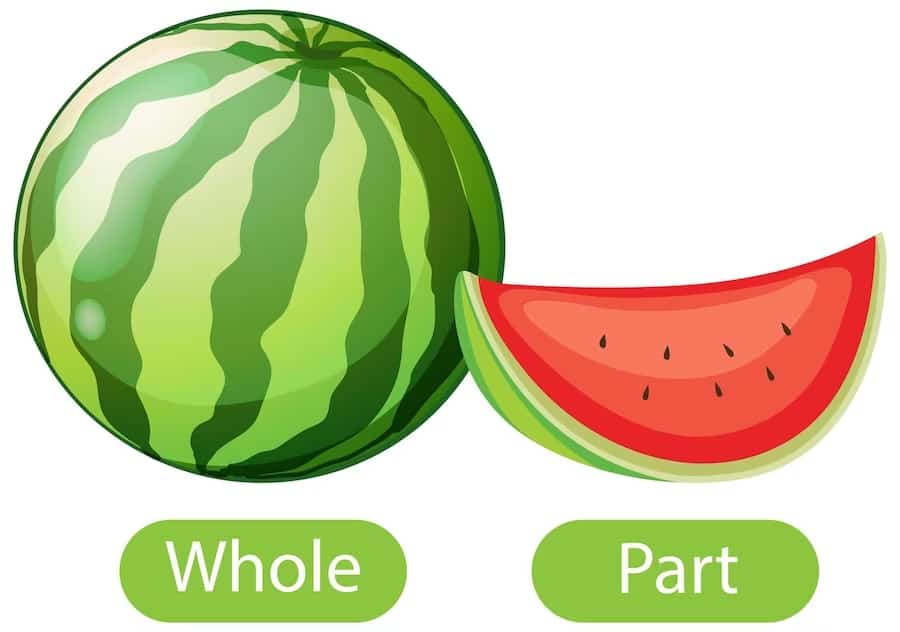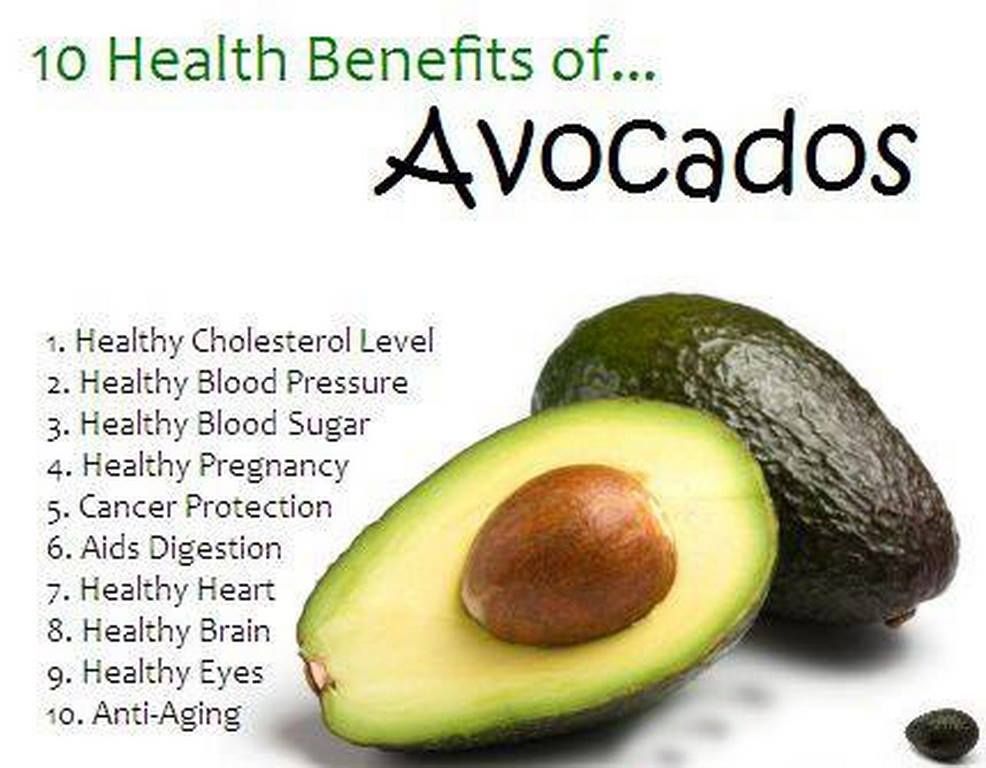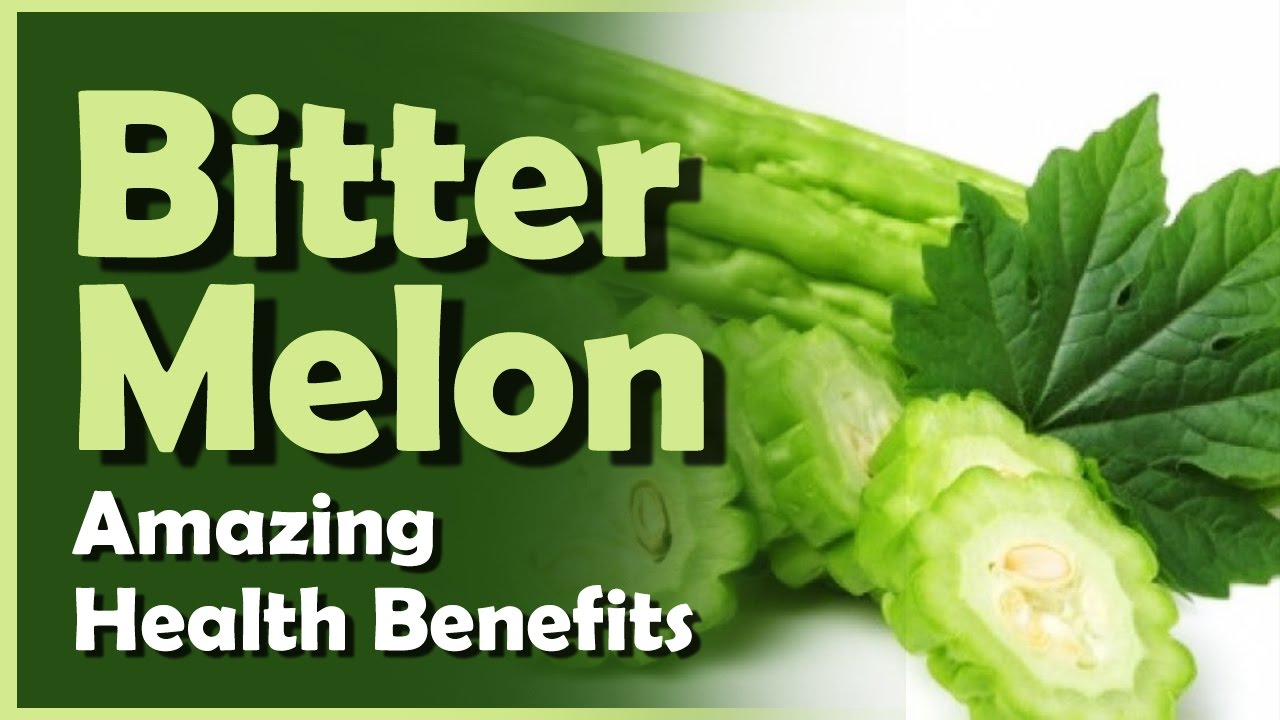Watermelon, with its vibrant pink flesh and refreshing sweetness, is a beloved summertime treat enjoyed by people worldwide. However, this juicy fruit is more than just a delightful way to beat the heat—it’s also a nutritional powerhouse with a plethora of health benefits. In this comprehensive guide, we will explore the many ways in which watermelon can contribute to your overall well-being, from promoting hydration to providing essential vitamins and antioxidants. By the end of this article, you’ll have a newfound appreciation for this delicious fruit and its potential to enhance your health.
Nutritional Profile
Before delving into the health benefits of watermelon, it’s important to understand its nutritional composition. Watermelon is primarily composed of water, accounting for approximately 90% of its weight, which makes it an excellent choice for staying hydrated. However, it also contains essential nutrients, including vitamins, minerals, and antioxidants that offer numerous health advantages.
Hydration
One of the most well-known benefits of watermelon is its remarkable ability to keep you hydrated. Its high water content makes it an excellent choice during hot summer months or after physical activities. Staying hydrated is crucial for maintaining bodily functions, regulating temperature, and supporting various physiological processes.
Vitamins and Minerals
Watermelon is a rich source of vitamins and minerals. Here are some of the key nutrients found in this fruit:
Vitamin C
Vitamin C is essential for a strong immune system, healthy skin, and wound healing. A single cup of diced watermelon provides around 21% of the recommended daily intake of vitamin C, making it an excellent way to bolster your immune defenses.
Vitamin A
Vitamin A is crucial for maintaining good vision, supporting immune function, and promoting healthy skin. Watermelon contains beta-carotene, a precursor to vitamin A, which contributes to these health benefits.
Potassium
Potassium plays a vital role in regulating blood pressure and maintaining proper muscle and nerve function. Watermelon contains a moderate amount of potassium, which can contribute to overall cardiovascular health.
Magnesium
Magnesium is involved in over 300 biochemical reactions in the body, including energy production and muscle function. Watermelon contains a small amount of magnesium, which can help support these essential processes.
Antioxidants and Phytonutrients
Watermelon is not only a source of essential vitamins and minerals but also a rich repository of antioxidants and phytonutrients, which can have a profound impact on your health.
Lycopene
Lycopene is a potent antioxidant found in watermelon, responsible for its vibrant red color. This compound has been linked to numerous health benefits, including a reduced risk of certain cancers, heart disease, and eye conditions.
Citrulline
Citrulline is an amino acid present in significant amounts in watermelon. It is known for its role in promoting blood vessel dilation, potentially aiding in blood pressure regulation. Some studies suggest that citrulline may also improve exercise performance and reduce muscle soreness.
Beta-Carotene
Beta-carotene, another antioxidant found in watermelon, not only contributes to its appealing color but also supports skin health and may reduce the risk of age-related macular degeneration (AMD).
Health Benefits of Watermelon
Now that we’ve explored the nutritional components of watermelon let’s delve into the specific health benefits associated with regular consumption.
Heart Health
Watermelon’s high content of lycopene and citrulline is associated with improved heart health. Lycopene may help lower cholesterol levels and reduce the risk of heart disease, while citrulline can promote healthy blood pressure levels.
Hydration and Exercise
For athletes and fitness enthusiasts, watermelon can be a natural source of hydration due to its water content and the presence of electrolytes like potassium and magnesium. Additionally, citrulline may enhance exercise performance by increasing blood flow and reducing muscle soreness.
Weight Management
Watermelon is low in calories and fat, making it a satisfying and guilt-free snack for those looking to manage their weight. Its high water content can also help control appetite and reduce overall calorie intake.
Skin Health
The vitamins A and C in watermelon contribute to healthy skin by promoting collagen production and protecting against UV damage. These nutrients can help maintain youthful-looking skin and reduce the risk of sunburn.
Cancer Prevention
Lycopene, an antioxidant abundant in watermelon, has been linked to a reduced risk of certain types of cancer, including prostate and breast cancer. Its ability to neutralize free radicals may help prevent cell damage and the development of cancerous cells.
Eye Health
The beta-carotene in watermelon can support eye health by reducing the risk of age-related macular degeneration and cataracts. Regular consumption of watermelon may contribute to maintaining good vision as you age.
Digestive Health
Watermelon contains dietary fiber, albeit in modest amounts, which can aid in digestive health by promoting regular bowel movements and preventing constipation.
Culinary Uses and Tips
Incorporating watermelon into your diet can be a delightful experience. Here are some culinary uses and tips for enjoying this versatile fruit:
Simple Slices
The most straightforward way to enjoy watermelon is by slicing it into wedges or cubes and eating it fresh. Chilled watermelon on a hot day can be incredibly refreshing.
Salads
Watermelon can add a burst of sweetness and color to salads. Combine it with ingredients like feta cheese, mint, and balsamic vinegar for a unique flavor combination.
Smoothies
Blend watermelon with other fruits like strawberries and lime for a delicious and hydrating smoothie. You can also add Greek yogurt or coconut water for added creaminess.
Sorbets and Granitas
Watermelon can be transformed into cooling desserts like sorbets and granitas. Simply blend watermelon chunks with a bit of sugar or honey, freeze, and enjoy!
Conclusion
Watermelon is more than just a summertime indulgence; it’s a nutritional powerhouse packed with vitamins, minerals, antioxidants, and phytonutrients. From promoting hydration and heart health to supporting skin and eye health, this fruit offers a wide array of benefits. Incorporating watermelon into your diet can be a delicious way to boost your overall well-being and savor the flavors of summer while maintaining a healthy lifestyle. So, the next time you enjoy a juicy slice of watermelon, relish not only its taste but also the numerous health advantages it brings to your life.




